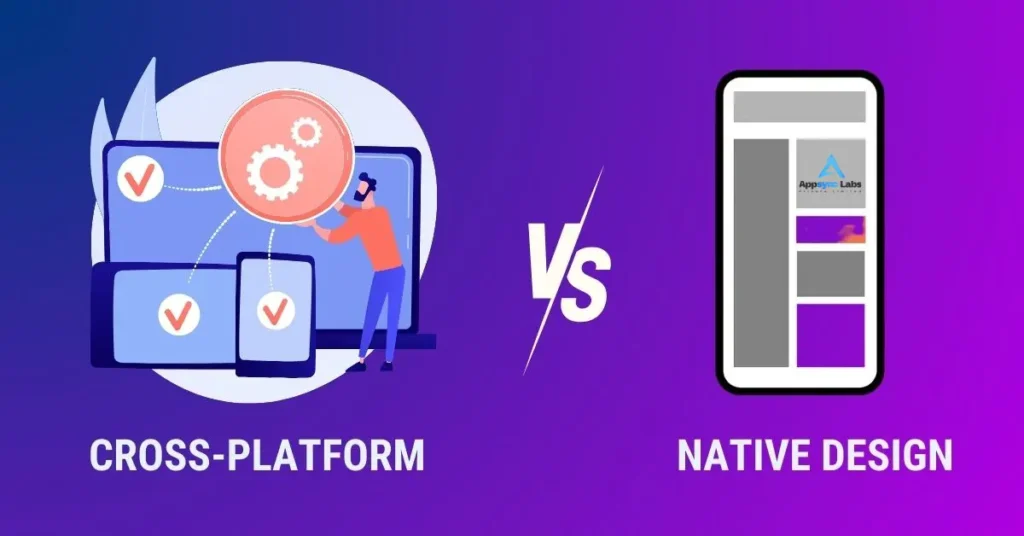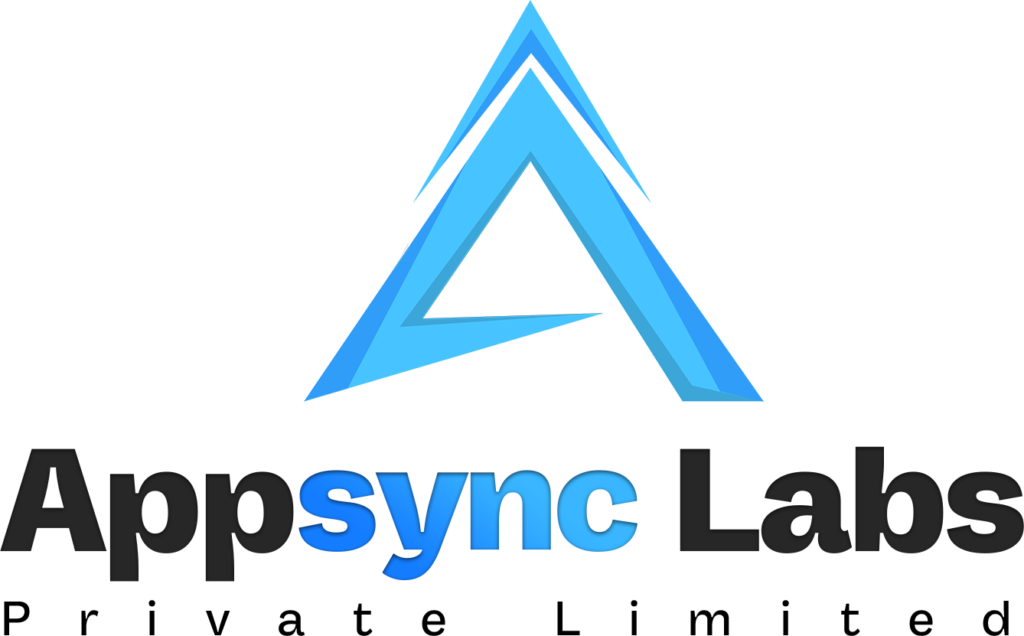Cross-Platform vs Native Mobile App Development: Which is Better?

Introduction
When making mobile apps, developers often have to decide whether to use cross-platform development or stick with native mobile app development. Both methods have their good and bad points. This article will explain the differences between these approaches, helping businesses find the best choice for their needs. Appsync Labs, a reliable mobile app and website development company, shares useful information about both development methods.
What is Native Mobile App Development?
Native mobile app development means making apps that work only on one platform, like iOS or Android. Each app is created using the programming languages that the platform understands. For example, iOS apps are often made with Swift or Objective-C, and iOS app development services typically focus on these languages, while Android apps usually use Java or Kotlin.
Advantages of Native Mobile App Development
- Performance: Native apps usually run faster and more smoothly because they are built just for that specific platform.
- User Experience: They provide a better user experience by following the platform’s design rules. This makes the apps look and feel more natural to use.
- Access to Device Features: Native apps can fully use device features, such as the camera, GPS, and notifications. This means users can take advantage of all their devices’ capabilities.
Disadvantages of Native Mobile App Development
- Higher Cost: Developing separate apps for different platforms can be expensive.
- Longer Development Time: Creating and maintaining two separate apps takes more time and effort.
What is Cross-Platform Mobile App Development?
Cross-platform development allows developers to create apps that run on different platforms using a single codebase. This means they write the code once and can use it for iOS and Android devices. Tools like React Native and Flutter make this process easier. These tools help create apps that look and function well on both devices, saving time and effort. Businesses can reach more users by choosing cross-platform development without creating separate apps for each platform. This approach is excellent for companies wanting to save money and speed up development.
Advantages of Cross-Platform Mobile App Development:
- Cost-Effective: With a single codebase, it is usually cheaper to develop and maintain.
- Faster Development: Developers can launch apps more quickly on multiple platforms due to the shared code.
- Wider Audience Reach: Cross-platform apps can reach more users since they are compatible with iOS and Android.
Disadvantages of Cross-Platform Mobile App Development
- Performance Issues: Cross-platform apps may not run as fast or smoothly as native apps, especially for tasks requiring many resources.
- Limited Access to Device Features: Some device features might need to be fixed, making the app less useful.
- User Experience: Users’ experience with a cross-platform app may not be as good as with a native app. Cross-platform apps may not fully follow each platform’s design rules.
Choosing Between Native and Cross-Platform Development:
When choosing between native and cross-platform development, it is important to consider the app’s goals, who will use it, and the available budget. Here are some key things to consider:
- Budget: If funds are limited, cross-platform development is the better choice.
- Target Audience: If the app needs to reach users on both platforms, a cross-platform app can help achieve that faster.
- App Complexity: Native development is often more suitable for complex apps requiring high performance and access to many device features.
Hybrid App Development
Hybrid app development mixes aspects of both native and cross-platform methods. Hybrid apps are built using web technologies like HTML, CSS, and JavaScript but are wrapped in a native shell. This means they can be installed on devices and use features like the camera and GPS.
Advantages of Hybrid App Development
- Cross-Platform Compatibility: Hybrid apps can operate on iOS and Android, similar to cross-platform apps.
- Faster Development: They allow developers to share code between platforms, reducing development time.
Disadvantages of Hybrid App Development
- Performance Limitations: Hybrid apps may not perform as well as native apps, especially for complex tasks.
- User Experience: They only sometimes provide the best user experience since they rely on web technologies.
Application Developer Companies
When picking an application developer company, it’s important to choose one that understands both native and cross-platform development. A good mobile app and website development company will assess the project’s needs and recommend the best way to create the app.
Appsync Labs is an example of a company that can give helpful advice on whether to use cross-platform, native, or hybrid development based on your goals.
Frequently Asked Questions
Q 1. What is the main difference between native and cross-platform development?
Ans. Native development makes apps for one specific platform, while cross-platform development lets one app work on many platforms.
Q 2. Which is more cost-effective: native or cross-platform development?
Ans. Cross-platform development is usually cheaper because maintaining one code set takes less time and resources.
Q 3. Can a mobile app and website development company help with both types of development?
Ans. Yes, a professional web and app development company should be able to help with both native and cross-platform development based on what the project needs.
Q 4. What are the key benefits of hybrid app development?
Ans. Hybrid app development offers cross-platform compatibility and quicker development while allowing access to some features found in native apps.
Q 5. How can a food delivery app be made?
Ans. To make a food delivery app, you must choose the platform (native or cross-platform), design the user interface, create the backend, and add payment options. Working with a trusted application developer company can make this process easier.
Conclusion
In the end, both native and cross-platform development have advantages and disadvantages. Businesses should carefully consider their goals, budget, and Audience when choosing. Appsync Labs is here to help with these decisions and ensure you get the best results for your mobile app and website development project.
Get In Touch

- info@appsynclabs.com
- E 279, Industrial Area, Sector 75, Sahibzada Ajit Singh Nagar, Punjab 160055
